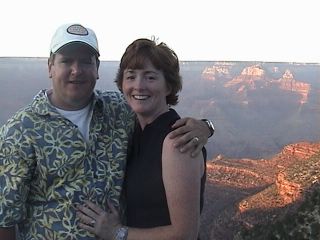Care Enough to Stand Against the “There’s Nothing I Can Do” Deceit
With all the trouble in the world it is tempting to do nothing.
Really, what can I do about Putin invading Ukraine? Not a thing. Does it matter if you and I decided not to watch the Olympics because of China’s continued genocide against the Uyghurs? Not to China.
ISIS atrocities against the Yazidis began in 2014 with the murders of thousands. It continued with kidnapping and sexual violence against women. Many were trapped on Sinjar Mountain with no food, water, shelter, or clothes. The world was rightly horrified. But what could you and I be expected to do?
When Syrian President Bashar al Asaad gassed his own citizens in a suburb of Damascus, we saw pictures of the little children among the dead. We were sickened. Outraged. But what could we possibly do about it?
The women and children who trek across Mexico for weeks, fleeing the gangs and cartels in Central America because staying home means rape for their daughters and kidnapping for their sons... What can we do for them? I’m all for securing the border. But what can I do about that?
Well...
There is something we can do. And we don’t have to be experts in geopolitics to do it. I’d like to say it is easy, but it is not. It costs space in our thought world, our emotions, time, energy, and assets.
Care. Care deeply. Give your personal support. Be generous with your emotional energy. This is what empathy looks like. It costs in your brain and soul and heart so much more than your wallet. Sure, you might donate to certain causes. But the far more expensive result of caring is waking up at night and thinking of people imprisoned by fear and hardship.
When you and I develop our own personal plans for justice, we might lose sleep. You’ll find you think of people you never thought of before, never even knew existed. You’ll pray for them. You’ll care about them. And this will shape the way you think about yourself and your family and the way you interact with other humans. This is what being a good human looks and feels like. It’s not cheap.
Standing against the “there’s nothing I can do” deceit means there is one more person standing up for right in the face of so many wrongs. Caring won’t bring back to life any Syrians or restore the innocence of any Yazidis. It won’t solve the border crisis or make even the tiniest of dents in the Russia-China-Iran alliance.
But caring will prompt a change in me. That’s the point.






